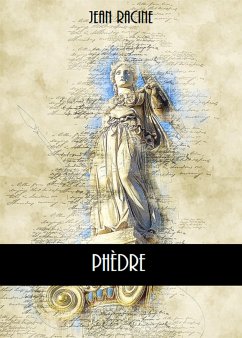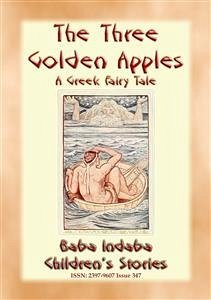With Phèdre, Racine chose once more a subject from Greek mythology, already treated by Greek and Roman tragic poets, notably by Euripides in Hippolytus and Seneca in Phaedra. In the absence of her royal husband Thésée, Phèdre ends by declaring her love to Hippolyte, Thésée's son from a previous marriage.
Bitte wählen Sie Ihr Anliegen aus.
Rechnungen
Retourenschein anfordern
Bestellstatus
Storno









